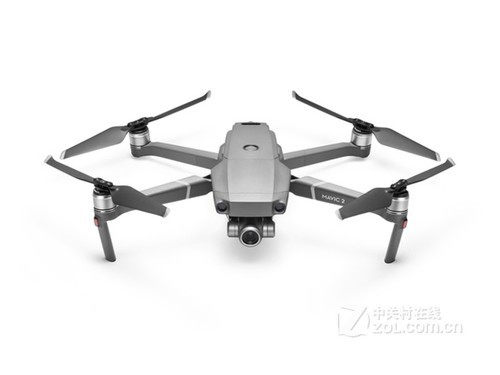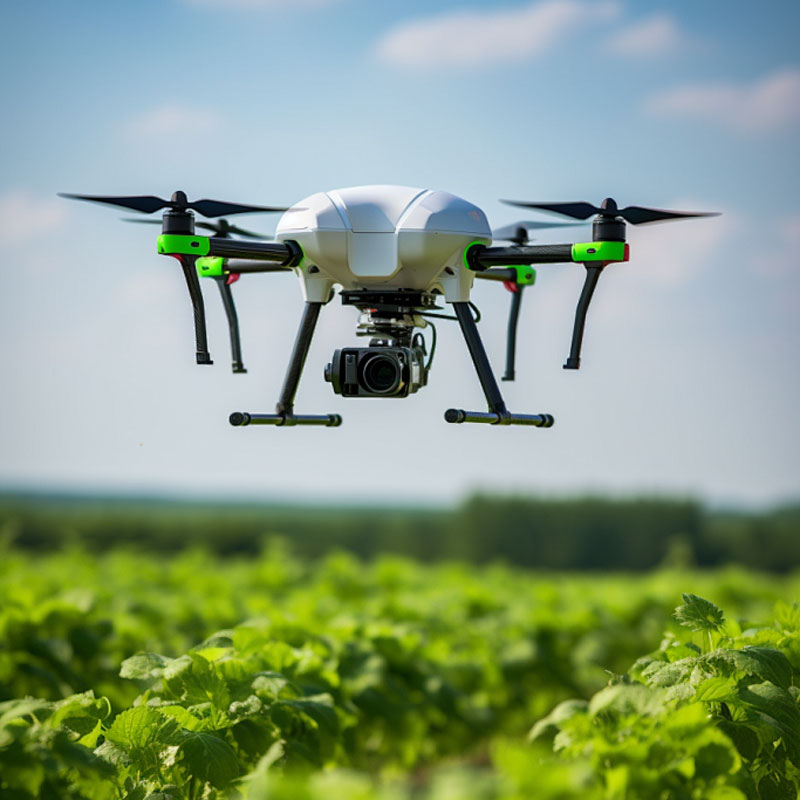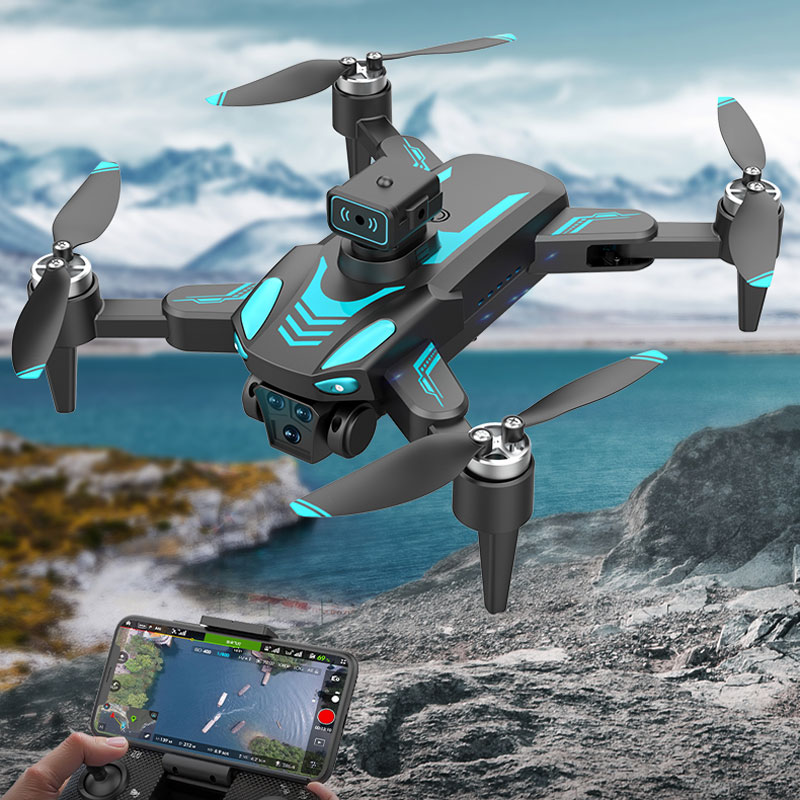The Role of Crop Spraying Drones in Modern Agriculture

Modern agriculture has undergone a significant transformation by embracing crop spraying drones, ushering in a new era of farming efficiency. Drones, equipped with advanced spraying technology, are revolutionizing the way farmers manage their crops, offering precision and effectiveness previously unattainable with traditional methods.
Precision and Efficiency
One of the primary advantages of crop spraying drones is their ability to deliver precise applications of fertilizers, pesticides, and herbicides. These drones can be programmed to target specific areas with pinpoint accuracy, reducing the wastage of chemical inputs and minimizing environmental impact. Precision agriculture not only optimizes product use but also promotes sustainable farming practices, a crucial aspect in modern agriculture.
The Technology Behind Crop Spraying Drones
Drones are equipped with high-resolution cameras and GPS technology, allowing farmers to map their fields meticulously. This mapping is crucial not only for planning but also for executing spraying operations efficiently. Farmers can now monitor and adjust their crop management strategies in real-time, using data collected by drones to make informed decisions.
Cost Benefits and Time-Saving
Traditionally, spraying crops required substantial labor hours and machinery use. Crop spraying drones significantly cut down on these costs by automating and streamlining the process. What previously could take days can now be accomplished in hours with drones, freeing farmers to focus on other essential agricultural activities. This efficiency translates into reduced operational costs and increased productivity.
Challenges and Considerations
Despite their advantages, crop spraying drones come with their own set of challenges. Weather conditions can affect spraying accuracy, and there is a need for skilled operators to manage the technology effectively. However, ongoing advancements are consistently addressing these obstacles, ensuring drones become even more reliable over time.
Future Prospects
The use of crop spraying drones is projected to grow exponentially. As technology progresses, drones will offer even more sophisticated capabilities, such as autonomous navigation and AI-driven decision making. Farmers can expect more efficient operations and broader implementation of drones in various agricultural practices.
FAQs

- What crops are best suited for drone spraying?
Drones can be used across various crops, including wheat, corn, rice, and specialty crops like vineyards. - Are drones environmentally friendly?
Yes, due to precise application, drones help reduce the amount of chemicals used, minimizing ecological impact. - How can farmers learn to operate drones effectively?
Many manufacturers offer training programs and certifications to ensure operators can use drones safely and efficiently.

